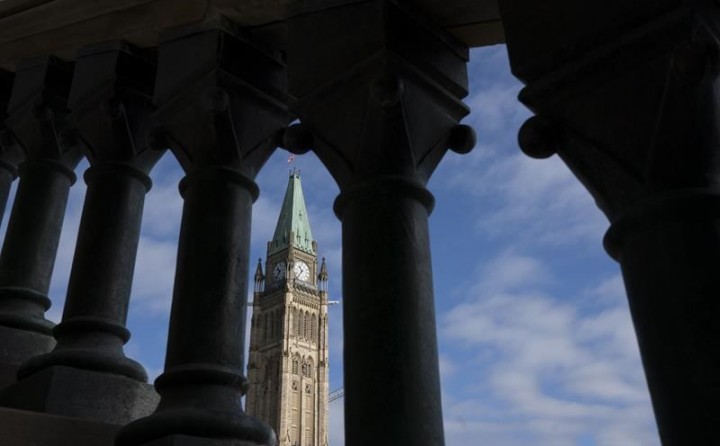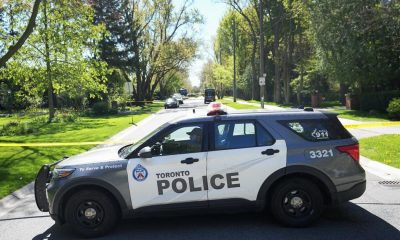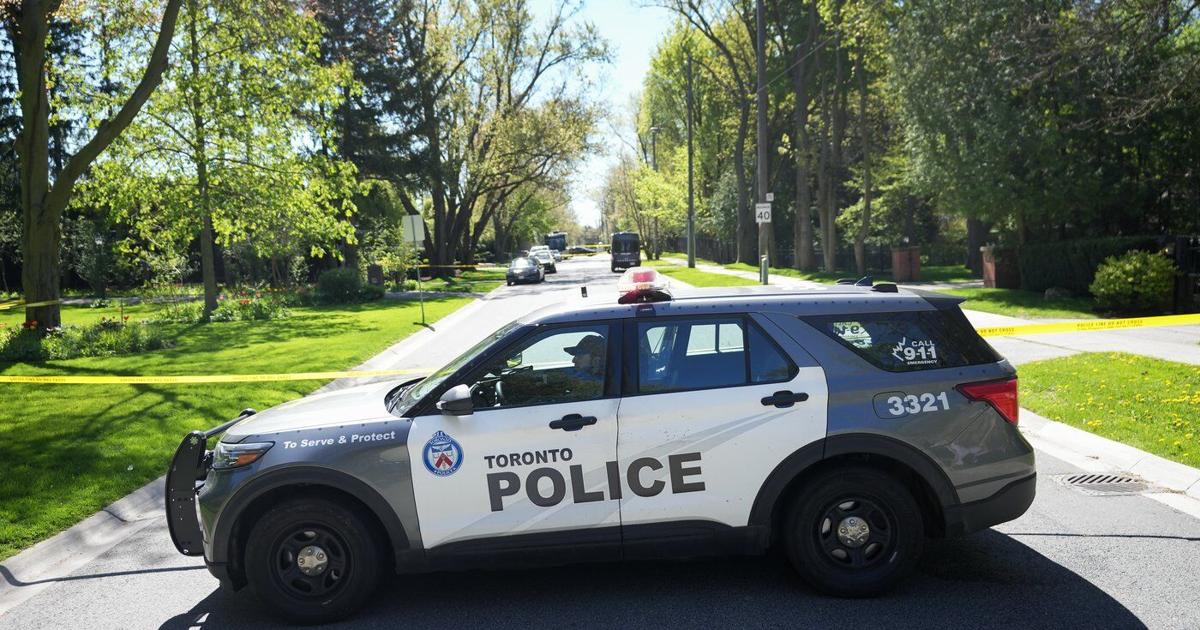CONCORD, N.H. (AP) — Two lawsuits about transgender girl athletes — one challenging a state ban at schools and the other on the right to protest transgender athletes’ participation on girls teams — were the subject of hearings in federal court in New Hampshire on Thursday.
The first case is about two transgender teen girls, one who played soccer on the girls team this fall and another who plans to participate on the track team this winter.
A federal judge ruled earlier this year that the teens can try out for and play on girls school sports teams. The order only applies to those two individuals for now as they seek to overturn the Fairness in Women’s Sports Act on behalf of all transgender girl students in New Hampshire.
Lawyers for the teens said in court Thursday they hoped the matter could go to trial and be resolved before the start of the next school year in September. They said the teens’ school districts and others in the state have asked for guidance regarding the law. Lawyers for the state said they needed more time to prepare.
Judge Talesha Saint-Marc suggested the timing of the trial was ambitious and asked that both sides talk further about scheduling.
The law, signed by Gov. Chris Sununu in July, bans transgender athletes in grades 5 to 12 from teams that align with their gender identity. It requires schools to designate all teams as either girls, boys or coed, with eligibility determined based on students’ birth certificates “or other evidence.”
Sununu had said it “ensures fairness and safety in women’s sports by maintaining integrity and competitive balance in athletic competitions.” About half of states have adopted similar measures.
In the second case Thursday, a judge was expected to hear from school district officials in Bow defending their decision to bar parents from wearing pink wristbands with “XX” — representing the female chromosomes — at a girls high school soccer game in September. The parents sued the district.
Parker Tirrell, one of the transgender girls challenging the state ban on participation, was playing on the opposing team that day.
The district issued no-trespass orders banning two parents from school grounds because they wore the wristbands. Those orders have since expired.
The judge also was expected to hear from the parents, who say their First Amendment rights were violated. They have requested a court order against the school district.
“Although the fall soccer season has ended, plaintiffs intend to continue wearing their wristbands at other school extracurricular events — such as swim meets and cross country meets — during this school year and in future school years,” the parents said in a court document.
School district officials said they acted appropriately.
The district “properly exercised its duty to protect Parker Tirrell from intimidation and harassment during the game,” it said in a court document.
It also said it issued reasonable sanctions against the two parents “for conduct they knew violated the school’s policies governing athletic events.”


































